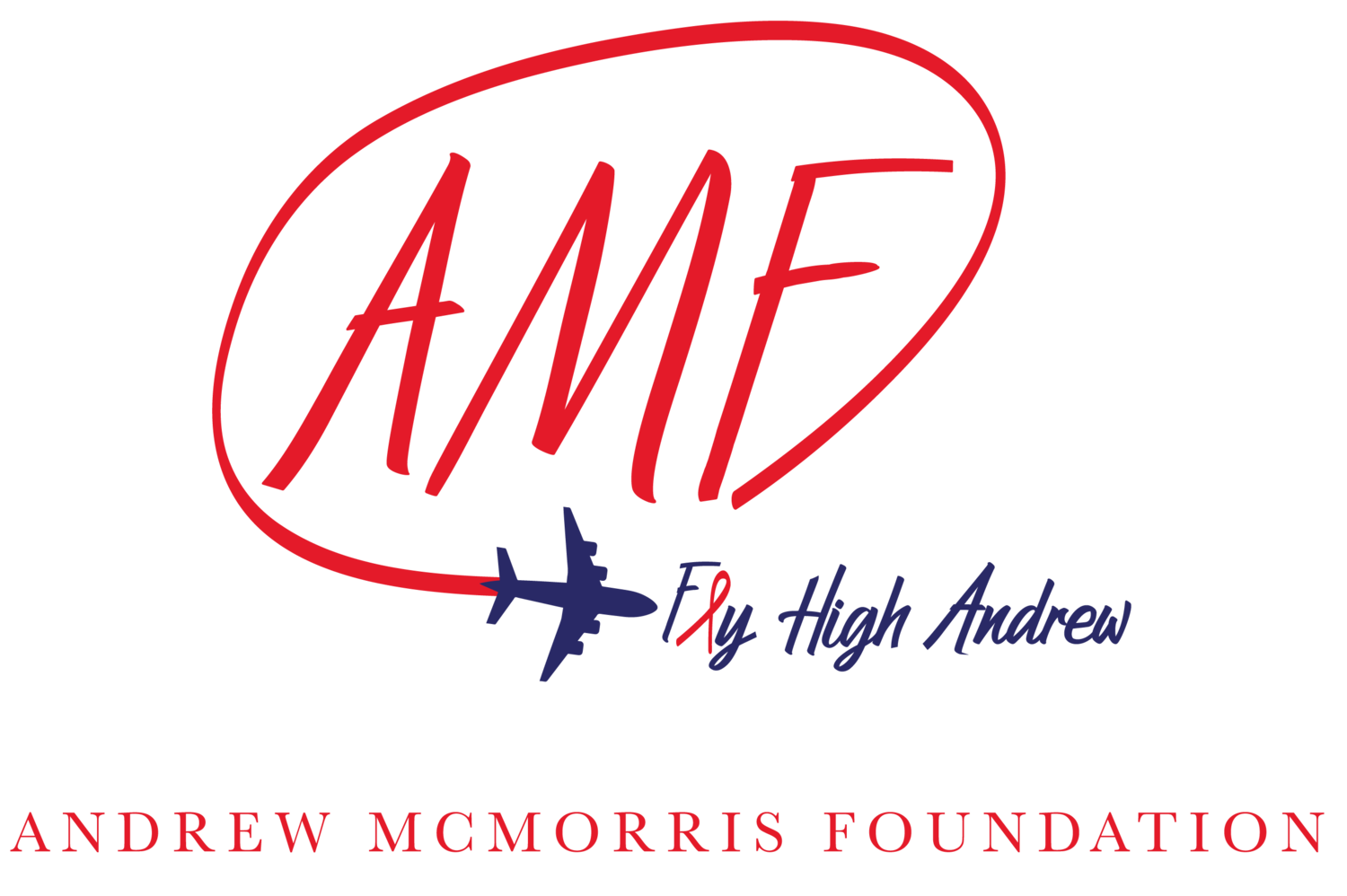Times-Union: Posthumous high school diplomas on track for final approval by New York Board of Regents
Times Union | July 16, 2024
ALBANY — Just before graduation, Alisa McMorris got the news that her son, Andrew, would get his diploma after all — five years after his death.
The New York Board of Regents passed an emergency 60-day action in May to allow such degrees, and extended it at Monday’s meeting with the goal of holding a final vote at the September meeting.
The change came in time for the Long Island family of Andrew McMorris, who was killed at the age of 12. McMorris was on a hike with fellow Boy Scouts when a drunk driver veered off the road, hitting four Scouts and causing catastrophic injuries. McMorris died hours later.
His friends wanted him to be remembered, McMorris said.
“At (graduation) rehearsal they raised their hands: ‘How are we recognizing Andrew?’” his mother said. “This is recognizing a child that’s supposed to be with his class.”
She said adults sometimes wanted to keep the loss quiet, as if it was a secret.
“But the kids still feel the loss of that friend,” McMorris said. “And pretending like it didn’t happen doesn’t make it go away.”
She counseled students that grief doesn’t just end someday.
“What you instead learn is how to carry it, and you get stronger. The pain remains. You just learn to carry it,” she said.
Long before the Board of Regents allowed posthumous degrees, Andrew's friends were asking McMorris about whether he would get a diploma. But she didn’t want them to get their hearts set on something that wasn’t allowed. So she suggested to school officials that Andrew be memorialized in some other way during graduation.
After the board set the emergency rule, school officials quickly called her with the news, and they put Andrew in the ceremony.
“Walking on that stage, receiving the diploma, was an experience that I can hardly put into words,” she said. “If there were any doubts, it washed away ... when they called Andrew’s name and the entire school began to clap and stand almost instantaneously.”
Allowing posthumous diplomas is a “gift to the parents,” but it’s also a gift to the student’s friends, she said.
“A confirmation in Albany helps remove the doubt and concern that well-meaning adults have in shielding our students from pain,” McMorris said. “Instead, we hope that we are educating the next generation on how to deal with unbearable pain.”
Long before the board took action, some districts were choosing to award posthumous diplomas.
In 2013, Chris Stewart and Deanna Rivers received their Shenendehowa High School diplomas seven months after they were killed in a crash caused by an inebriated driver in another car. Their parents crossed the stage to collect their diplomas at the start of the ceremony.
Also receiving his diploma that day was Nick Cammarata, who died from leukemia in 2008 at the age of 13. He was awarded his posthumous diploma in 2013 because that would have been his graduating class.
At graduation, the district honored all three students and kept a seat empty for them.
But that has not been the experience for all families of children who died.
Some districts did not give out posthumous diplomas at all, and some school boards struggled to decide what policy they should follow. Should a student who died during junior year get a diploma? What about a student who died in elementary school? What if the student wasn’t on track to graduate on time?
The Board of Regents set all those questions aside. If a student was enrolled in the district, they can get a diploma.
All schools, including private schools, can issue posthumous diplomas.
The only rule is that the student’s parents or guardians must request the diploma.
